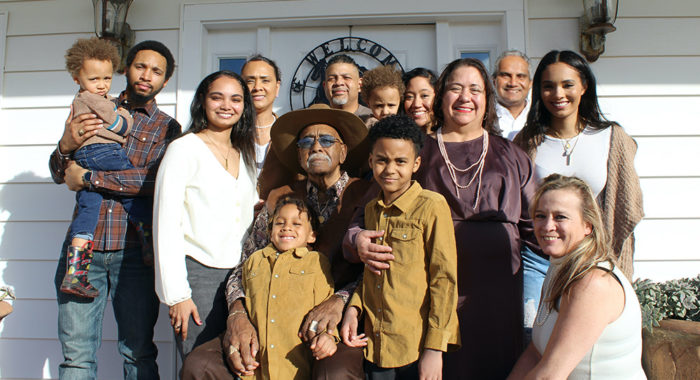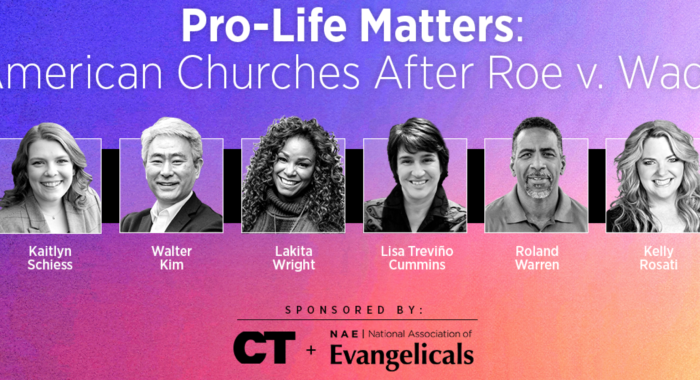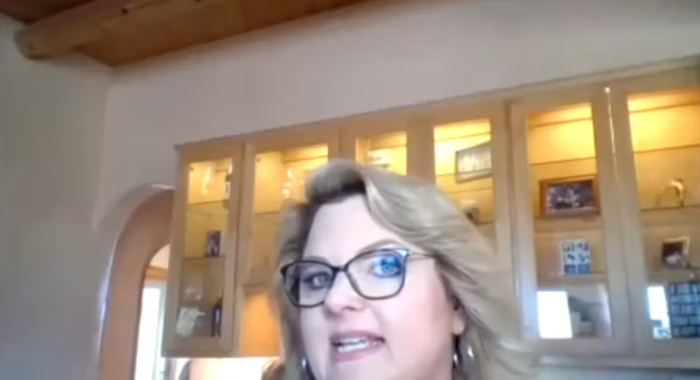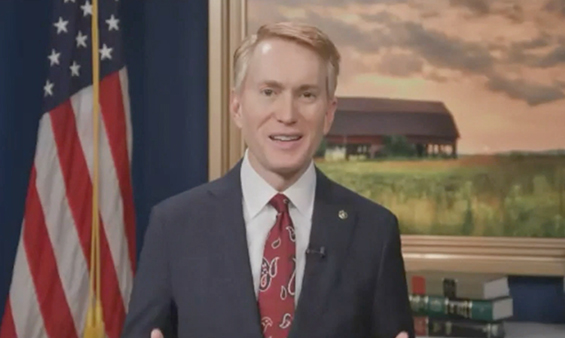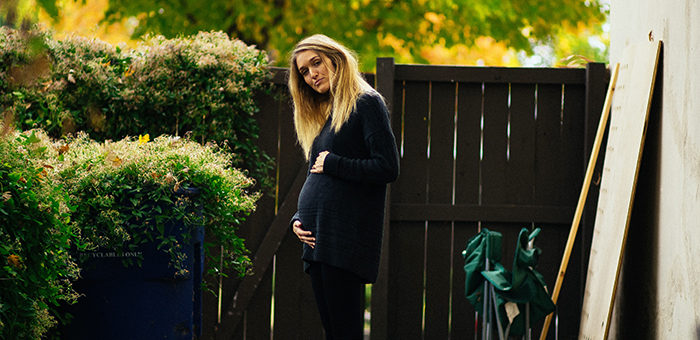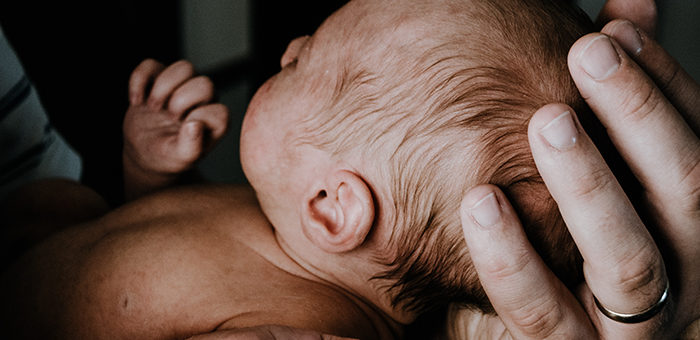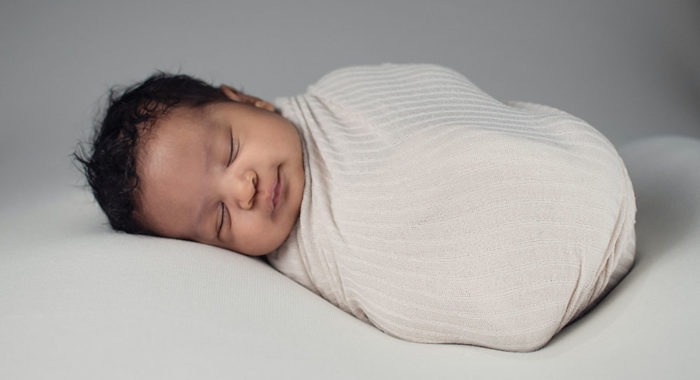By taking the issue of abortion away from the American people and by imposing one policy for 50 states, the Supreme Court has roiled national politics and damaged its own standing — all in its one ruling in Roe v. Wade.
Justice Blackmun’s opinion in Roe made up a right to abortion in American history, and admitted that because a woman “carries an embryo and, later, a fetus” that “[t]he situation therefore is inherently different” from any previous precedent decided by the court. There is nothing in the text of the Constitution mentioning “abortion” or “privacy.”
Much has changed since Roe was issued in January 1973. Ultrasound technology came on the scene a few years after Roe and dramatically changed public understanding of human development. Notably, the abortion rate has declined to its lowest level since 1972.
In the past year, the court has shown that it will move slowly on the abortion issue. But there are more than 30 abortion test cases potentially heading to the Supreme Court, and the court will have numerous opportunities in coming years to address the issue.
The court has discretion as to whether it hears any abortion case, and while the court may hear some abortion cases and affirm pro-life laws in the next few years, it seems likely that the court will not directly confront Roe for several years. The timing will likely be influenced by electoral developments and future changes in the court’s personnel. But sooner or later, the court will have to reexamine Roe.
Overturning Roe would return the abortion issue to the states, where public policy would be more closely aligned with public opinion. The pro-life movement has continued to grow and has developed considerable legal and political momentum in the states even under Roe; although other states have enacted laws which expand abortion on demand throughout pregnancy.
Regardless of what happens with Roe, state legislatures will continue to play a critical role in protecting pregnant women and their unborn children. The pro-life movement needs to be whole-heartedly on the side of women by supporting direct services to women and by helping women understand the long-term medical risks of abortion. This is necessary to help women choose alternatives and necessary to rebut the Supreme Court’s rationale for the abortion right — that women rely on abortion for equal opportunity in America.
This article originally appeared in Evangelicals magazine.
Clarke Forsythe is senior counsel for Americans United for Life and author of “Abuse of Discretion: The Inside Story of Roe v. Wade.” He is also a prolific writer on pro-life policy issues, having published more than 19 law review articles and book chapters, as well as articles in First Things, The Wall Street Journal, and National Review Online. Clarke has a B.A. in political science from Allegheny College, a law degree from Valparaiso University School of Law, and an M.A. in bioethics from Trinity International University, where he is an adjunct professor of bioethics.




 View All Articles
View All Articles 








